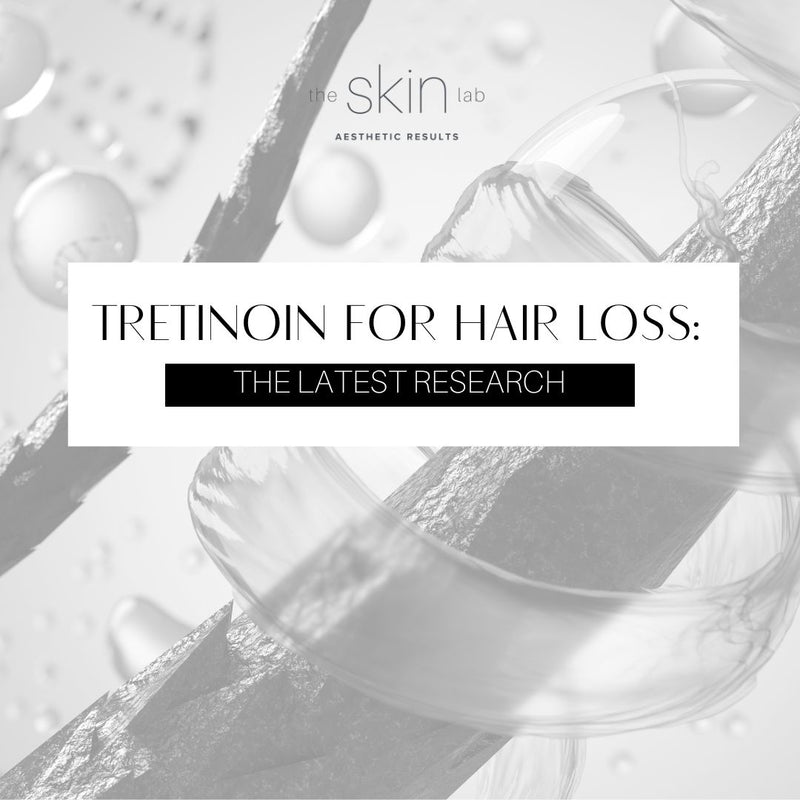Tretinoin for Hair Loss: Does It Really Work? Exploring the Latest Research and Benefits

Hair loss is a common concern affecting both men and women, with many turning to innovative treatments to promote hair growth and restore hair health. One such treatment gaining attention is tretinoin—a retinoid best known for its role in skincare but now being studied for potential benefits in treating hair loss. In this post, we’ll dive into what tretinoin is, how it may benefit hair health, and examine the latest research on using tretinoin to treat hair loss.
What Is Tretinoin?
Tretinoin, also known as all-trans retinoic acid, is a derivative of vitamin A. Primarily used to treat acne, hyperpigmentation, and signs of aging, tretinoin works by accelerating skin cell turnover and boosting collagen production. The idea of using it for hair loss is newer, but its effect on skin health has sparked interest in whether it might also stimulate hair follicles.
How Tretinoin May Support Hair Growth
Tretinoin’s potential to aid hair loss may come from its ability to increase blood flow and stimulate cellular activity in the scalp. When used topically on the scalp, it can enhance absorption and effectiveness of other hair loss treatments, such as minoxidil. Some research also suggests that tretinoin can promote follicle health, making it an appealing addition to hair loss regimens.
Latest Research on Tretinoin for Hair Loss
Recent studies have explored tretinoin’s effectiveness when combined with other treatments. For instance, a study found that a combination of tretinoin and minoxidil led to better hair growth results than minoxidil alone. Researchers believe tretinoin may improve scalp penetration of minoxidil, amplifying its effects. Additionally, early trials are investigating tretinoin’s role in stimulating dormant hair follicles on its own, with some promising findings that indicate tretinoin could be beneficial even without other agents.
Benefits and Considerations of Using Tretinoin for Hair Loss
While tretinoin shows promise, it’s important to consider possible side effects, such as scalp dryness or irritation. A consultation with a dermatologist is recommended to determine if tretinoin is suitable for your hair type and skin. Additionally, since tretinoin can increase sensitivity to sunlight, using sun protection on the scalp is crucial if you’re using it as part of your hair care routine.
Is Tretinoin the Future of Hair Loss Treatment?
As research continues, tretinoin’s role in hair loss treatment is becoming clearer. For now, it shows potential as an effective adjunct therapy, especially when paired with other treatments like minoxidil. Stay tuned for updates in dermatology as new studies continue to shed light on this promising approach to treating hair loss.